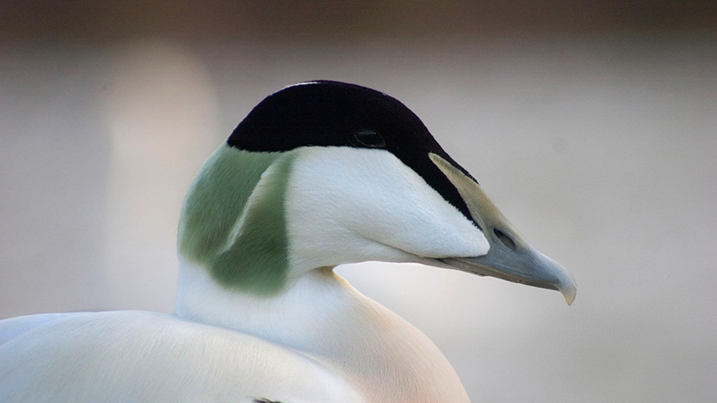World Wetland Aviary
Get up close to our large collection of ducks and geese from around the world.

WWT is undertaking conservation work for many of the birds you can see in our collection. Look out for Eider, Red-breasted geese, and Puna teal. We also have one of Europe’s most important populations of Barrow’s Goldeneye!
Learn all about these birds at our daily Diving Duck Talk at 12.45pm (included with admission). And, join our keepers for a Handfeeding Session at 3pm daily (Tickets available from reception for £1.50).
Ask any questions about all your birdy favourites that live here at Castle Espie. And have unmissable, up-close encounters with them in our new World Wetland Aviary.
Book in advance and save 10%
With wildlife encounters and inspiring activities around every corner, no two visits are the same. Whatever you choose to do, your visit will support our vital work to restore wetlands and their wildlife.
Book now-
In this section
- Adventure play areas
- Discover Wildlife
- World Wetland Aviary & Diving Duck Talk
- Wild bird feeding
- The Graffan Gallery
- Sensory Garden
- Duckery
- Sustainability